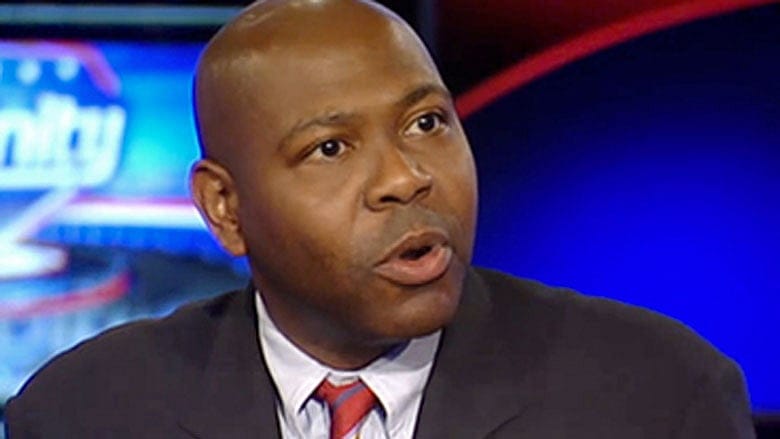Jason Riley and the Left’s conservative minority problem

Jason Riley must be suffering from whiplash. This spring, the Wall Street Journal columnist and scholar with the prestigious Manhattan Institute was invited, then disinvited, and now finally re-invited to give a lecture at Virginia Tech's Pamplin College of Business as part of its Distinguished Lecture series.
Why all the back and forth? The controversy stems from the fact that Riley is a conservative in an era when conservative viewpoints are unwelcome on many college campuses. Riley thus joins a long list of right-leaning analysts and policymakers – including George Will, Greta Van Susteren, Ann Coulter, and Scott Brown — whom activists have sought (with mixed results) to "disinvite" from campus speaking engagements around the country.

